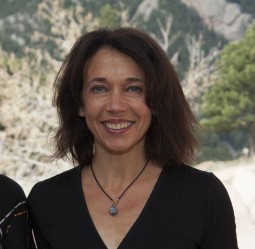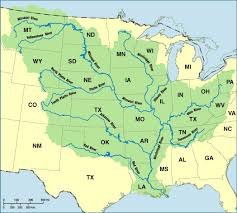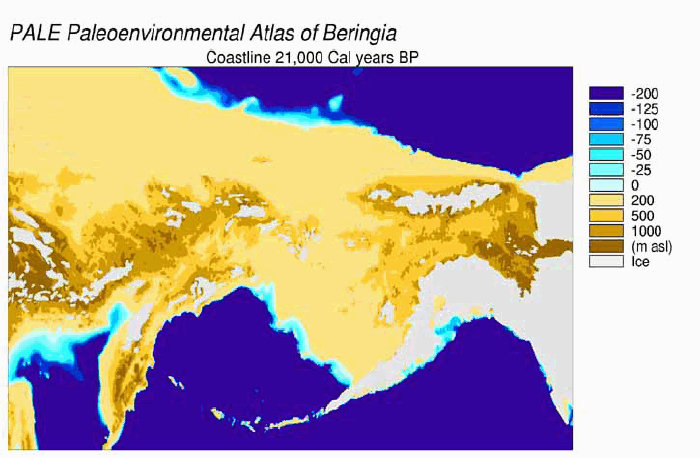 Beringia (start time 0:55). We present an excerpt of Shelly Schlender’s interview with University of Colorado scientist John Hoffecker, lead author of a recent paper in Science magazine about the Beringia land bridge and the people who lived there 25,000 years ago. The full interview can be found here.
Beringia (start time 0:55). We present an excerpt of Shelly Schlender’s interview with University of Colorado scientist John Hoffecker, lead author of a recent paper in Science magazine about the Beringia land bridge and the people who lived there 25,000 years ago. The full interview can be found here.
Dolphins & Climate Change (start time 4:40). Dr. Denise Herzing, the founder of the Wild Dolphin Project, has been building relationships with Atlantic Spotted Dolphins for 28 years. 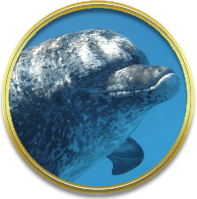 Her quest to learn whether dolphins have language, and to learn that language, is notable for its longevity. But her relationship with them is remarkably respectful, too. We last spoke to Dr. Herzing in the spring of 2012, about her book Dolphin Diaries: My 25 Years With Spotted Dolphins in the Bahamas. We’re very glad that she’s with us again, to help us learn about how large marine mammals may be responding in unusual ways to changes in the oceans.
Her quest to learn whether dolphins have language, and to learn that language, is notable for its longevity. But her relationship with them is remarkably respectful, too. We last spoke to Dr. Herzing in the spring of 2012, about her book Dolphin Diaries: My 25 Years With Spotted Dolphins in the Bahamas. We’re very glad that she’s with us again, to help us learn about how large marine mammals may be responding in unusual ways to changes in the oceans.
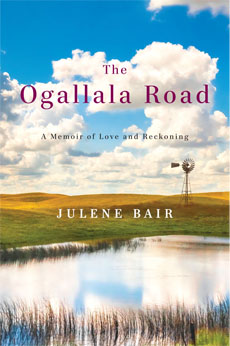 The Ogallala Road (start time 15:15). We often hear about how the Colorado River is running dry. The Western states that rely on its flowing water are struggling to reckon with how its depleting reservoirs will satiate growing populations. You’ve probably seen images of the white “bathrub rings” at Lake Powell and Lake Mead that expose the water line rings of years ago. But there’s an equally dramatic and dangerous drop in an invisible source of water. That’s the Ogallala Aquifer – an underground basin of groundwater that spans eight states on the High Plains, including Colorado. Nearly one third of irrigated cropland in the country stretches over the aquifer. And the Ogallala yields about a third of the ground water that’s used for irrigation in the U.S. The story of the Ogallala’s depletion is a very personal one for author Julene Bair. She lives in Longmont, but years ago she learned that the family farm in Kansas that she inherited had been a big part of the problem. Julene has written about her journey, including her desire to make the farm part of the solution. Julene joins us on the show to talk about her new book The Ogallala Road: A Memoir of Love and Reckoning.
The Ogallala Road (start time 15:15). We often hear about how the Colorado River is running dry. The Western states that rely on its flowing water are struggling to reckon with how its depleting reservoirs will satiate growing populations. You’ve probably seen images of the white “bathrub rings” at Lake Powell and Lake Mead that expose the water line rings of years ago. But there’s an equally dramatic and dangerous drop in an invisible source of water. That’s the Ogallala Aquifer – an underground basin of groundwater that spans eight states on the High Plains, including Colorado. Nearly one third of irrigated cropland in the country stretches over the aquifer. And the Ogallala yields about a third of the ground water that’s used for irrigation in the U.S. The story of the Ogallala’s depletion is a very personal one for author Julene Bair. She lives in Longmont, but years ago she learned that the family farm in Kansas that she inherited had been a big part of the problem. Julene has written about her journey, including her desire to make the farm part of the solution. Julene joins us on the show to talk about her new book The Ogallala Road: A Memoir of Love and Reckoning.
Hosts: Jim Pullen, Susan Moran
Producer: Joel Parker
Engineer: Joel Parker
Executive Producer: Jim Pullen
Additional contributions: Shelley Schlender
Listen to the show:
Podcast: Play in new window | Download (Duration: 23:47 — 21.8MB)
Subscribe: RSS




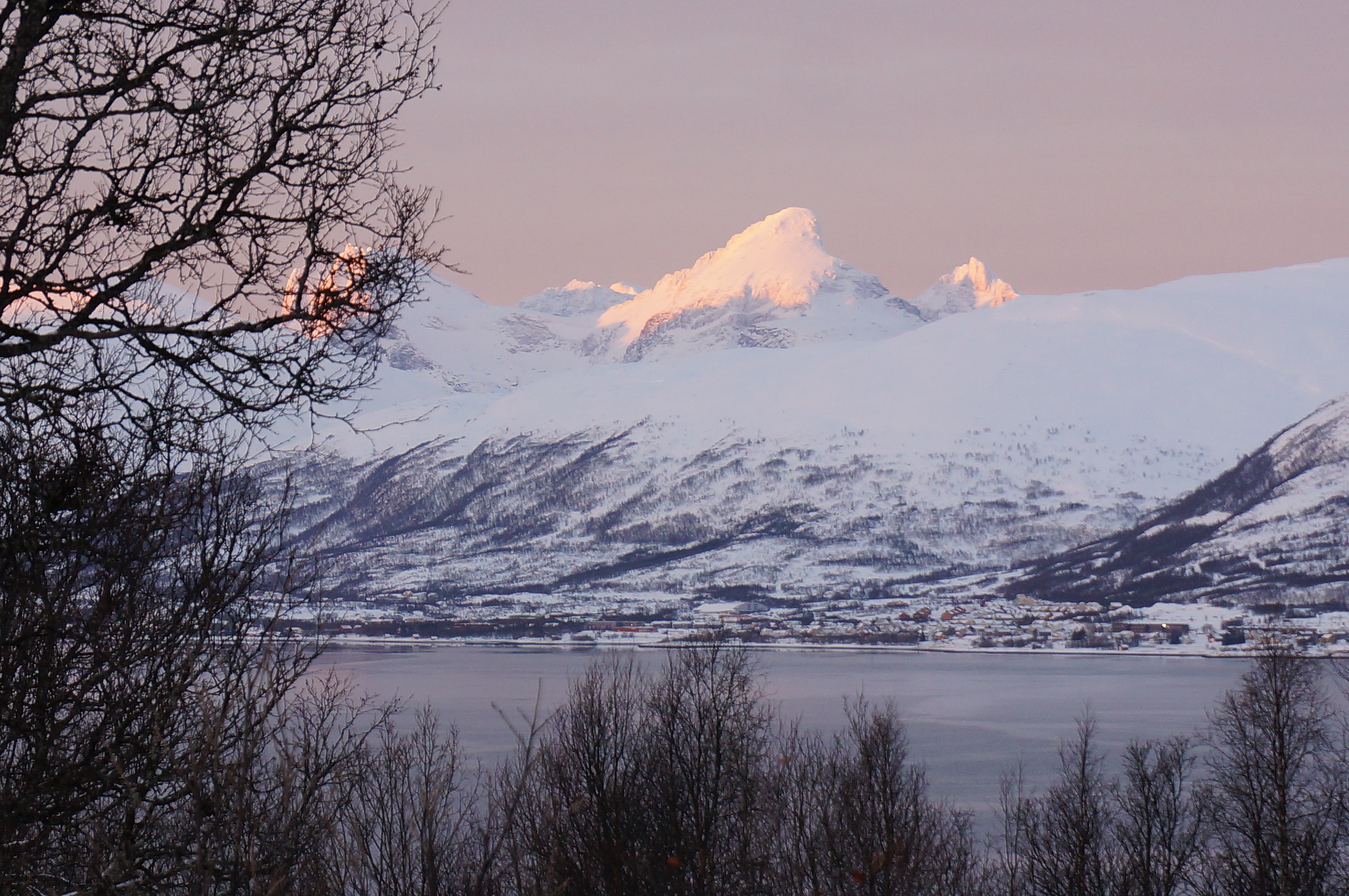
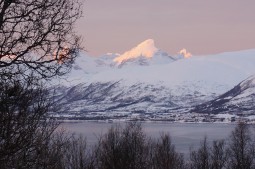
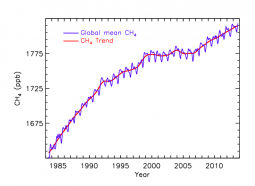
 Bonobo Conservation Success: (start time: 16:11) Author
Bonobo Conservation Success: (start time: 16:11) Author 

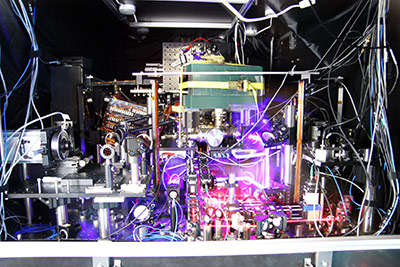 Strontium Clock (start time 14:10) We’ve got a full-house of physicists in the studio today to help us understand the new
Strontium Clock (start time 14:10) We’ve got a full-house of physicists in the studio today to help us understand the new 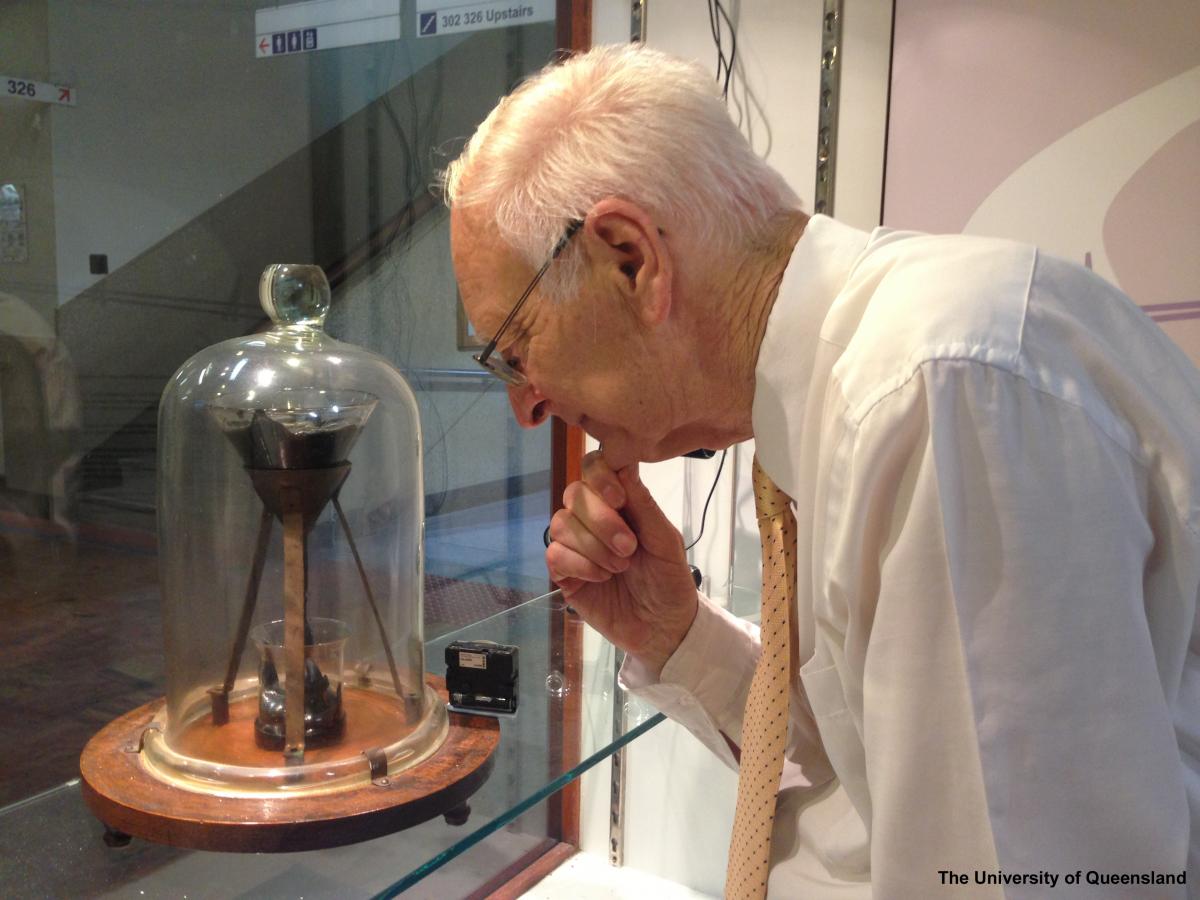
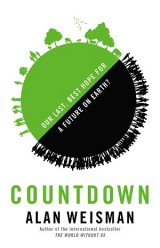 Biology and Health (start time 00:56). This year marked the passing of long-time Boulder resident, Al Bartlett. Bartlett was one of the world’s most eloquent voices calling for population control. He will be missed. One of the champions picking up the torch is New York Times bestselling author, Alan Weisman. Weisman offers exciting solutions to population growth in Countdown: Our Last, Best Hope for a Future on Earth.
Biology and Health (start time 00:56). This year marked the passing of long-time Boulder resident, Al Bartlett. Bartlett was one of the world’s most eloquent voices calling for population control. He will be missed. One of the champions picking up the torch is New York Times bestselling author, Alan Weisman. Weisman offers exciting solutions to population growth in Countdown: Our Last, Best Hope for a Future on Earth.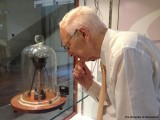
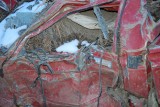

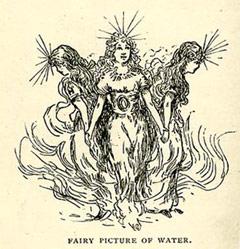
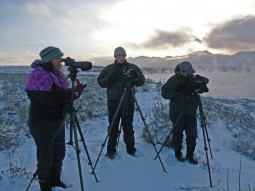 Christmas Bird Count (start time: 12:51) It’s the time of year when humans are flying hither and yon to gather with family for Christmas. Others are heading somewhere south for vacation to escape the winter chill. Many birds are on the move as well, heading south to overwinter. Others are sticking around. These human and avian patterns are converging with the annual Audubon Society’s
Christmas Bird Count (start time: 12:51) It’s the time of year when humans are flying hither and yon to gather with family for Christmas. Others are heading somewhere south for vacation to escape the winter chill. Many birds are on the move as well, heading south to overwinter. Others are sticking around. These human and avian patterns are converging with the annual Audubon Society’s 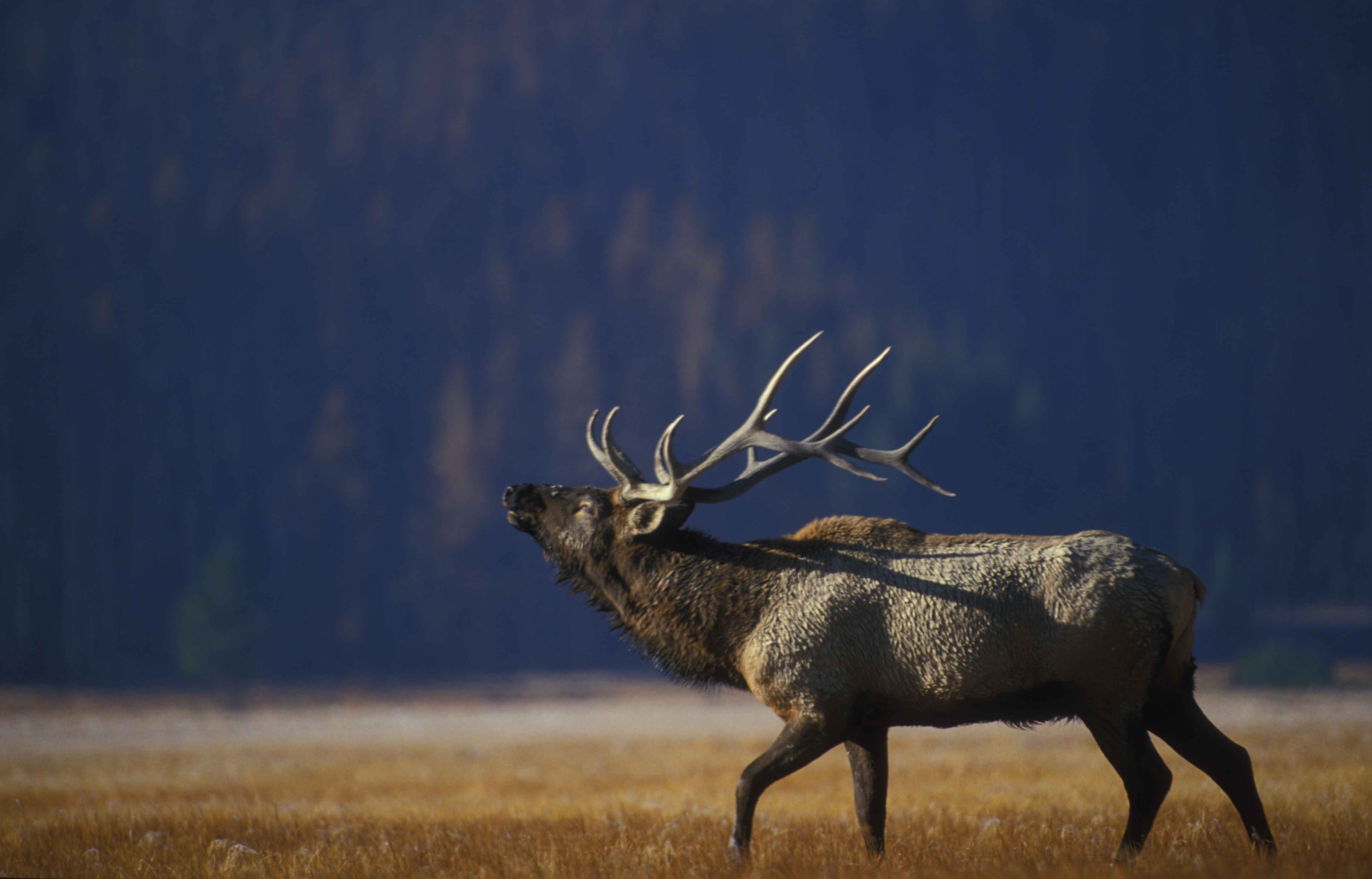
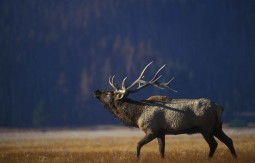 Big Game and Climate Change (start time 5:00) Last week, the National Resource Council released some serious warnings about
Big Game and Climate Change (start time 5:00) Last week, the National Resource Council released some serious warnings about 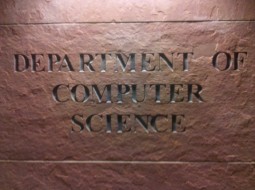 Hour of Code (start time 12:30) Coding is not just a magic trick where ones and zeros make
Hour of Code (start time 12:30) Coding is not just a magic trick where ones and zeros make 
 Feature #1: (start time 5:53) STEM, as you may well know, stands for
Feature #1: (start time 5:53) STEM, as you may well know, stands for 

 Feature 1: (start time: 03:45) Our first guest is Boulder beekeeper Tom Theobald. He talks about the current state of the bee crisis and what, if anything, the EPA is doing to address concerns that systemic pesticides like Clothianidan are properly controlled.
Feature 1: (start time: 03:45) Our first guest is Boulder beekeeper Tom Theobald. He talks about the current state of the bee crisis and what, if anything, the EPA is doing to address concerns that systemic pesticides like Clothianidan are properly controlled.